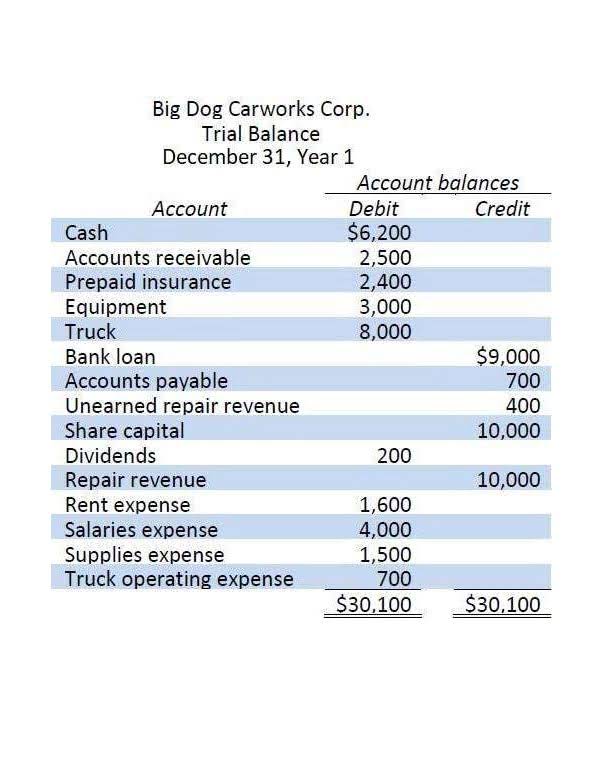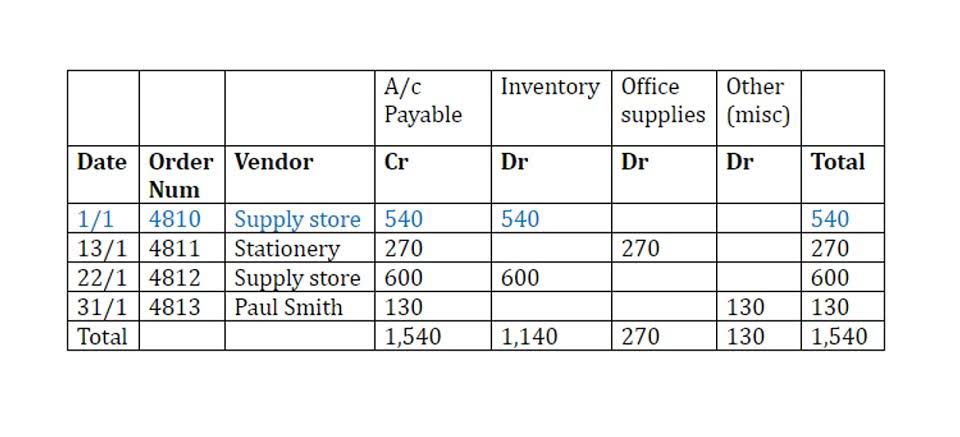
The differences between tax accounting and financial accounting are summarized below. The differences between financial accounting and managerial accounting are summarized in the table below. The principles of fiduciary accounting vary from state to state and even country to country.

Cash Flow Statement
Accountants working within businesses need to be able to analyze internal financial documents, make sure departments are complying with the law, and make budget recommendations. Small businesses often have tight budgets so it is important to focus on core accounting needs, avoiding complex and expensive accounting solutions. They often handle their accounting needs with fewer resources and may not require specialized accounting types. For instance, funds designated for specific programs or donor-restricted gifts are kept separate from unrestricted funds used for general operations. This ensures that donations are used as intended and that legal agreements are honored.
What Skills Do Accountants Need?
GAAP is a collection of accounting principles and standards that public companies must follow to make sure their financial reporting is consistent. Small businesses can follow suit to maintain good financial hygiene and uniform reporting. The ultimate goal of any set of accounting principles is to ensure that a company’s financial statements are complete, consistent, and comparable. Accountants may specialize in areas such as description of accounting auditing, tax preparation, management accounting, or forensic accounting, depending on their expertise and professional interests. They ensure the financial health and integrity of organizations, providing valuable insights and guidance to support informed decision-making. Some of the other topics covered are accounting for government, not-for-profit organizations, financial accounting, and reporting for business enterprises.
Education & Certification
- Small businesses hire accountants to advise them on their financial situation and help file taxes.
- Financial accounting plays a critical part in keeping companies responsible for their performance and transparent regarding their operations.
- Financial accounting is a specific branch of accounting involving a process of recording, summarizing, and reporting the myriad of transactions resulting from business operations over a period of time.
- Soft skills such as strong analytical, communication, and problem-solving abilities are vital for success in this field.
- Accountants can help take some of the pressure off tax season by handling the preparation and filing for you.
A CPA, or Certified Public Accountant, is an accountant who has passed the CPA exam and met additional state certification and experience requirements. CPAs are highly regarded in the accounting field and are often sought after for their expertise in financial analysis and reporting, auditing, and tax preparation. At Fredonia, many students choose to pursue the CPA after completing their undergraduate accounting degree. Fredonia’s internship requirement provides priceless practical experience applying accounting principles in real-world settings by their junior year. Financial accounting is intended to provide financial information on a company’s operating performance. Financial accounting is the widely accepted method of preparing financial results for external use.
First, click “create a post,” then fill out the job description using specific language. Next, add applicant qualifications and assessments and determine if you want to pay for the listing or post it for free. Once the job is posted, you should monitor it and make adjustments as needed.
Cost Accounting
The best accountants help companies plan, avoid pitfalls, and make solid financial decisions. The Internal Revenue Service also requires consistency for the purpose of filing small-business taxes. If you choose an accounting method and later want to change it, you must get IRS approval.

Responsibilities for Accountant
They should also have good organizational skills to manage files and records efficiently. Furthermore, the size and industry of the employing company can also significantly influence an accountant’s salary. Most states require accountants to obtain a Certified Public Accountant (CPA) license. Accountants with more than 5 years of experience can often move into management roles, such as Accounting Manager, Financial Controller, or even Chief Financial Officer.
- Privately held companies and nonprofit organizations also may be required by lenders or investors to file GAAP-compliant financial statements.
- At Fredonia, many students choose to pursue the CPA after completing their undergraduate accounting degree.
- Scalability and flexibility are other factors to consider when customizing accounting approaches for business needs.
- An income statement can be useful to management, but managerial accounting gives a company better insight into production and pricing strategies compared with financial accounting.
- Look out for opportunities for growth and stability available in the various accounting fields.
- Plus, generally accepted accounting principles, also known as GAAP, require public companies to use accrual accounting.
Shareholders’ Equity Statement

Though many businesses leave their accounting to the pros, it’s wise to understand the basics of accounting if you’re running a business. To help, we’ll detail everything you need to know about the basics of accounting. Fiduciary accounting is a type of accounting that records the financial transactions that occur in managing assets on behalf of another party. Fiduciary accounting aims to provide clear and detailed reports of financial activities to the beneficiary (owner of the property), the courts, and other interested individuals. It also ensures that the property/asset manager is acting in the best interests of the beneficiary. Forensic accounting also involves investigating complex financial transactions, tracing the flow of funds, rebuilding financial records, and assessing damages.
A good skills and qualifications section makes it very clear to job seekers whether or not they are qualified for the role. It’s important to remember to distinguish between required and preferred skills and qualifications. You don’t want to drive qualified applicants away because they believed they were not qualified, nor do you want to attract unqualified applicants who think they are qualified. This will save you a lot of time talking with candidates who won’t work for the wage you’re offering. No matter what accounting position you’re trying to fill, the listing must grab job seekers’ attention, filter for ideal candidates and provide an accurate description of the role. Unattractive listings get little traffic, which makes it harder to find the right person.
Frequently Asked Questions About an Accountant’s Job Description
Accounting positions are best suited to individuals who process information in a profoundly analytical manner. What is more, attention to detail is necessary to review financial statements and records. It also helps to know how to use accounting software, such as QuickBooks, and spreadsheet programs, such as Excel. Financial accounting refers to the processes used to generate interim and annual financial statements.











Recent Comments